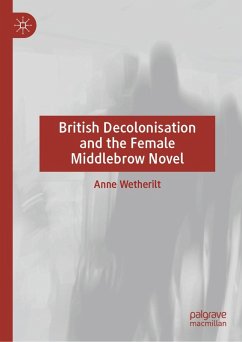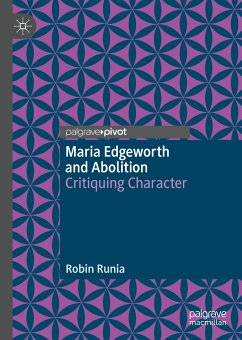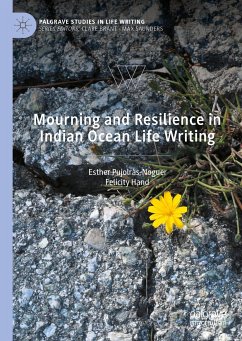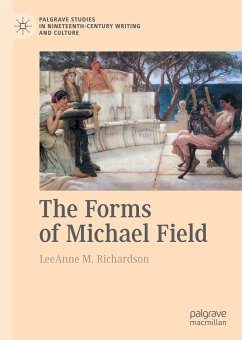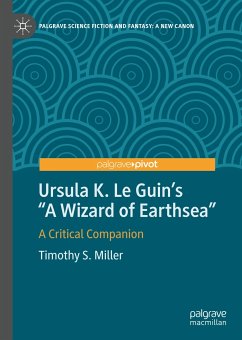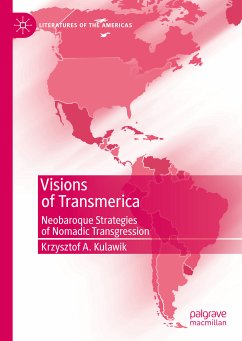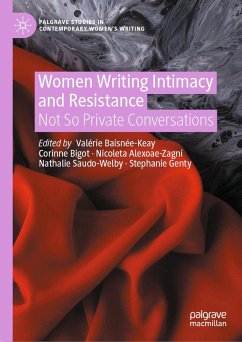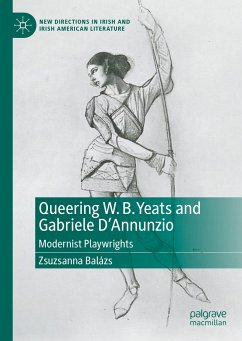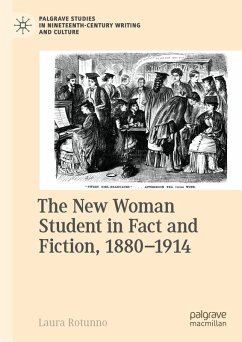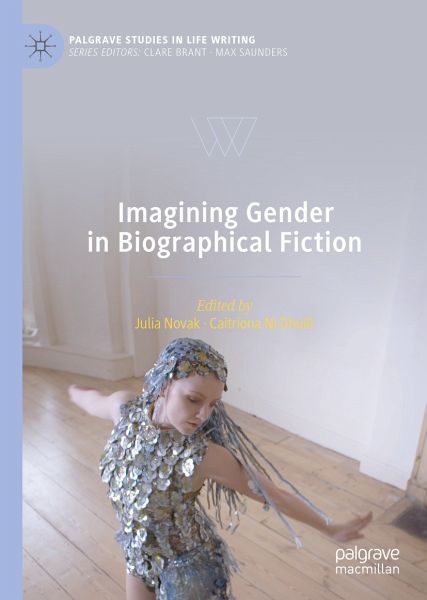
Imagining Gender in Biographical Fiction (eBook, PDF)
Versandkostenfrei!
Sofort per Download lieferbar
Statt: 139,09 €**
96,95 €
inkl. MwSt.
**Preis der gedruckten Ausgabe (Gebundenes Buch)
Alle Infos zum eBook verschenkenWeitere Ausgaben:

PAYBACK Punkte
48 °P sammeln!
This volume addresses the current boom in biographical fictions across the globe, examining the ways in which gendered lives of the past become re-imagined as gendered narratives in fiction. Building on this research, this book is the first to address questions of gender in a sustained and systematic manner that is also sensitive to cultural and historical differences in both raw material and fictional reworking. It develops a critical lens through which to approach biofictions as 'fictions of gender', drawing on theories of biofiction and historical fiction, life-writing studies, feminist cri...
This volume addresses the current boom in biographical fictions across the globe, examining the ways in which gendered lives of the past become re-imagined as gendered narratives in fiction. Building on this research, this book is the first to address questions of gender in a sustained and systematic manner that is also sensitive to cultural and historical differences in both raw material and fictional reworking. It develops a critical lens through which to approach biofictions as 'fictions of gender', drawing on theories of biofiction and historical fiction, life-writing studies, feminist criticism, queer feminist readings, postcolonial studies, feminist art history, and trans studies. Attentive to various approaches to fictionalisation that reclaim, appropriate or re-invent their 'raw material', the volume assesses the critical, revisionist and deconstructive potential of biographical fictions while acknowledging the effects of cliché, gender norms and established narratives in manyof the texts under investigation.
The introduction of this book is available open access under a CC BY 4.0 license at link.springer.com
Chapter 1 is available open access under a Creative Commons Attribution 4.0 International License via link.springer.com.
Dieser Download kann aus rechtlichen Gründen nur mit Rechnungsadresse in A, B, BG, CY, CZ, D, DK, EW, E, FIN, F, GR, HR, H, IRL, I, LT, L, LR, M, NL, PL, P, R, S, SLO, SK ausgeliefert werden.



